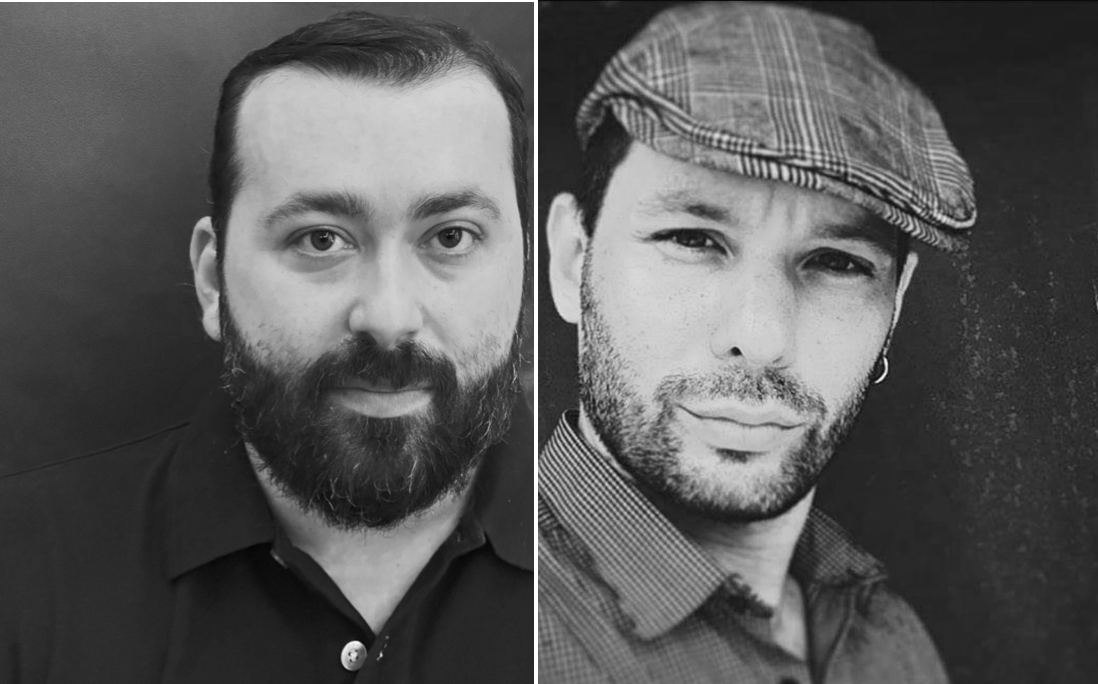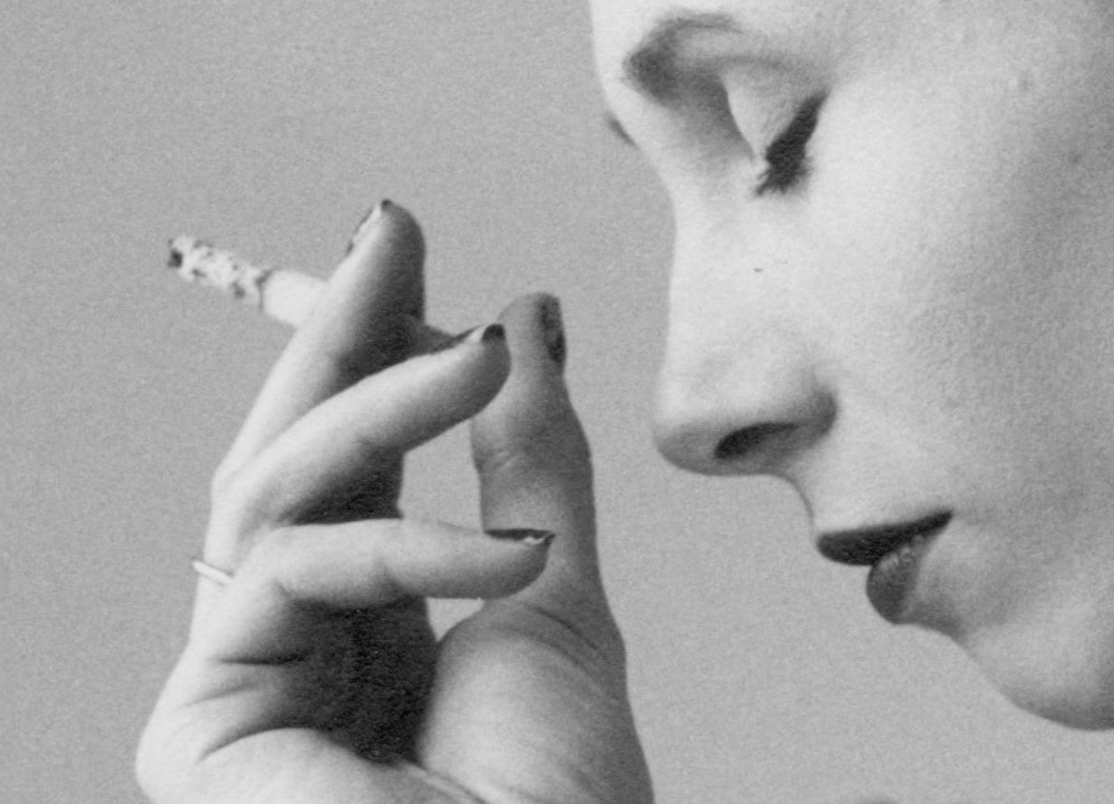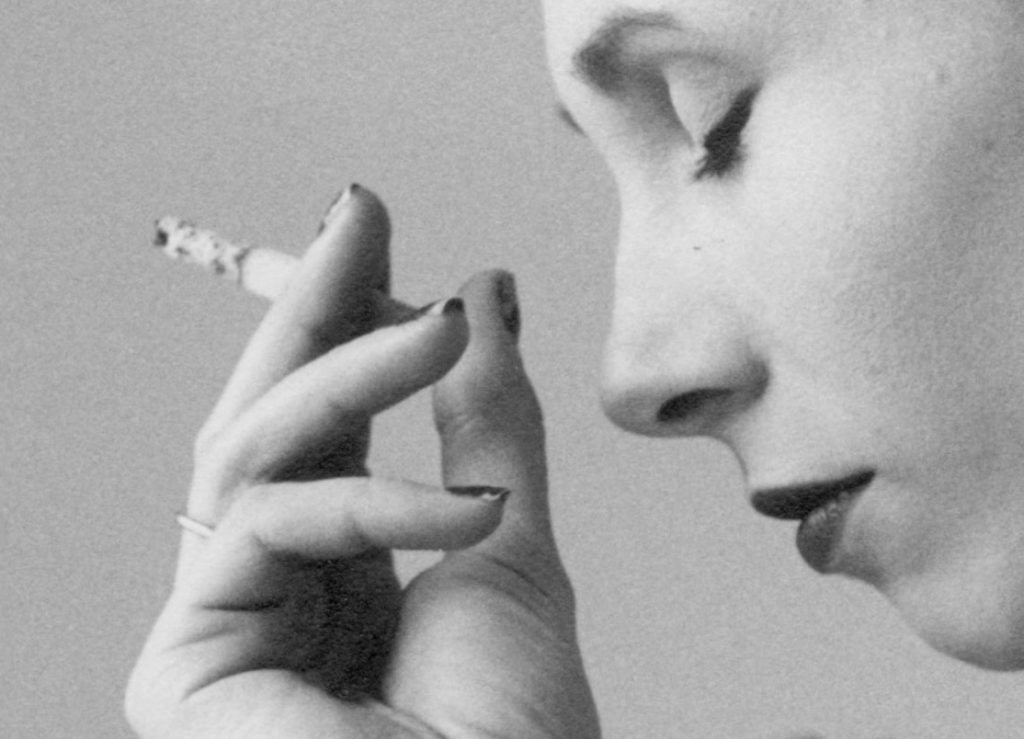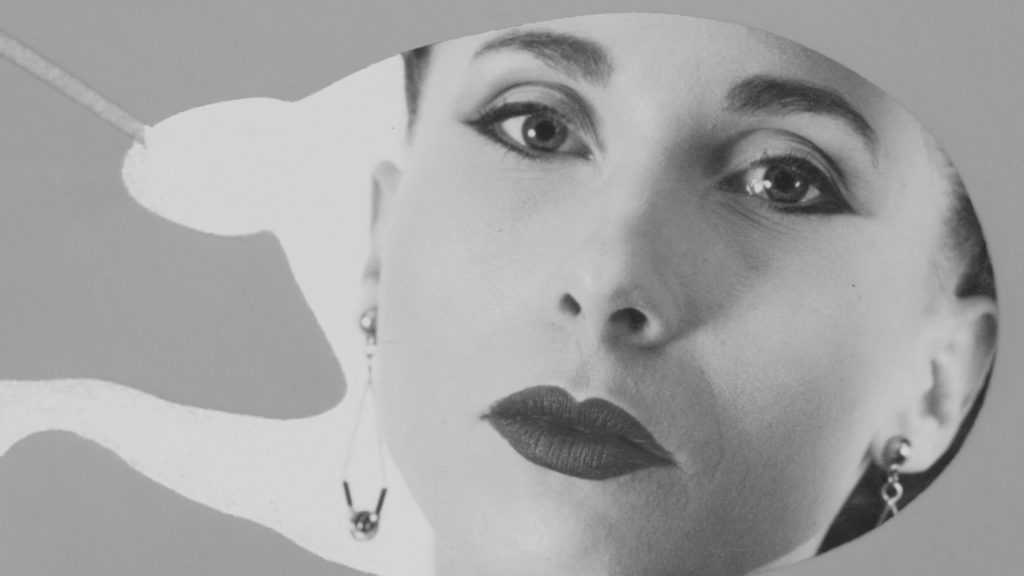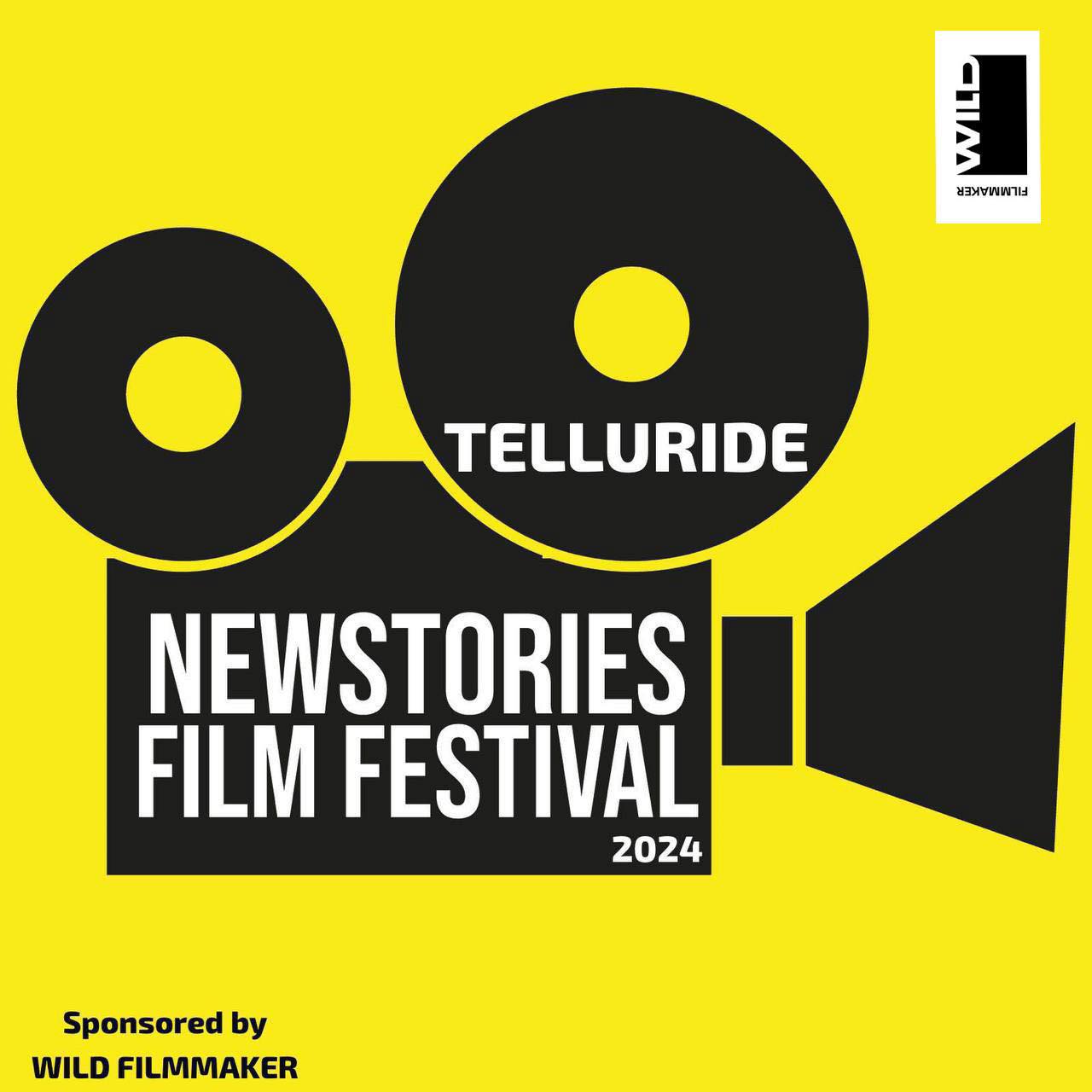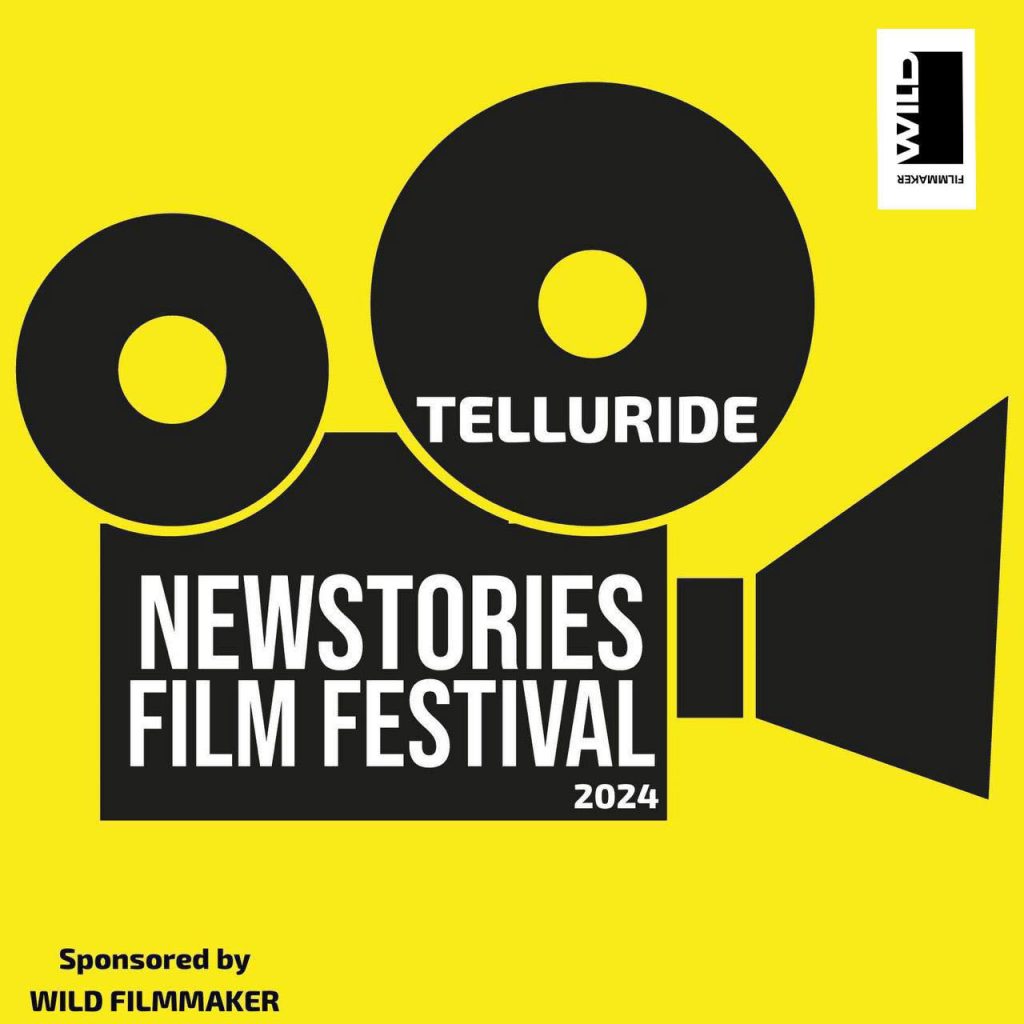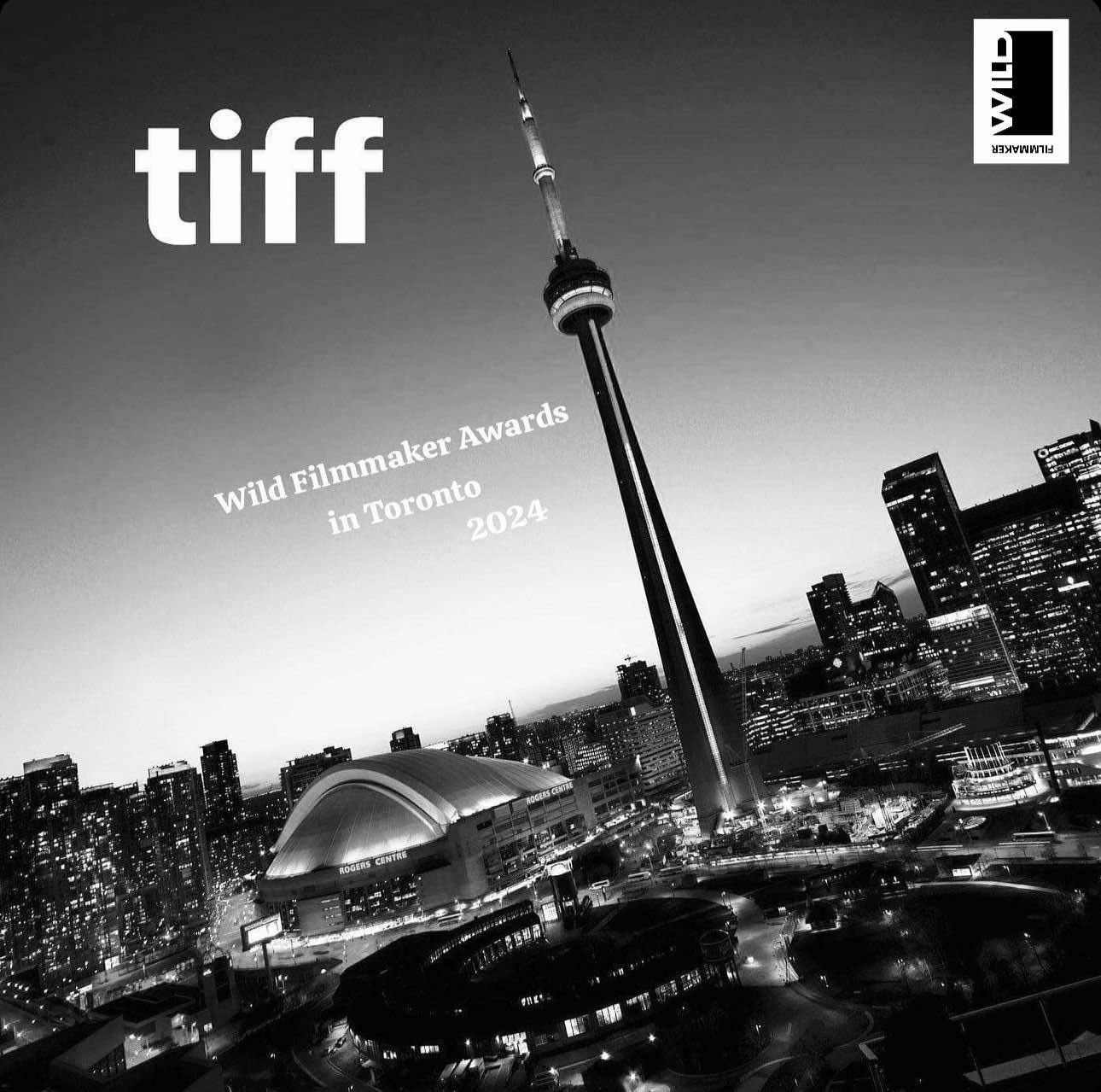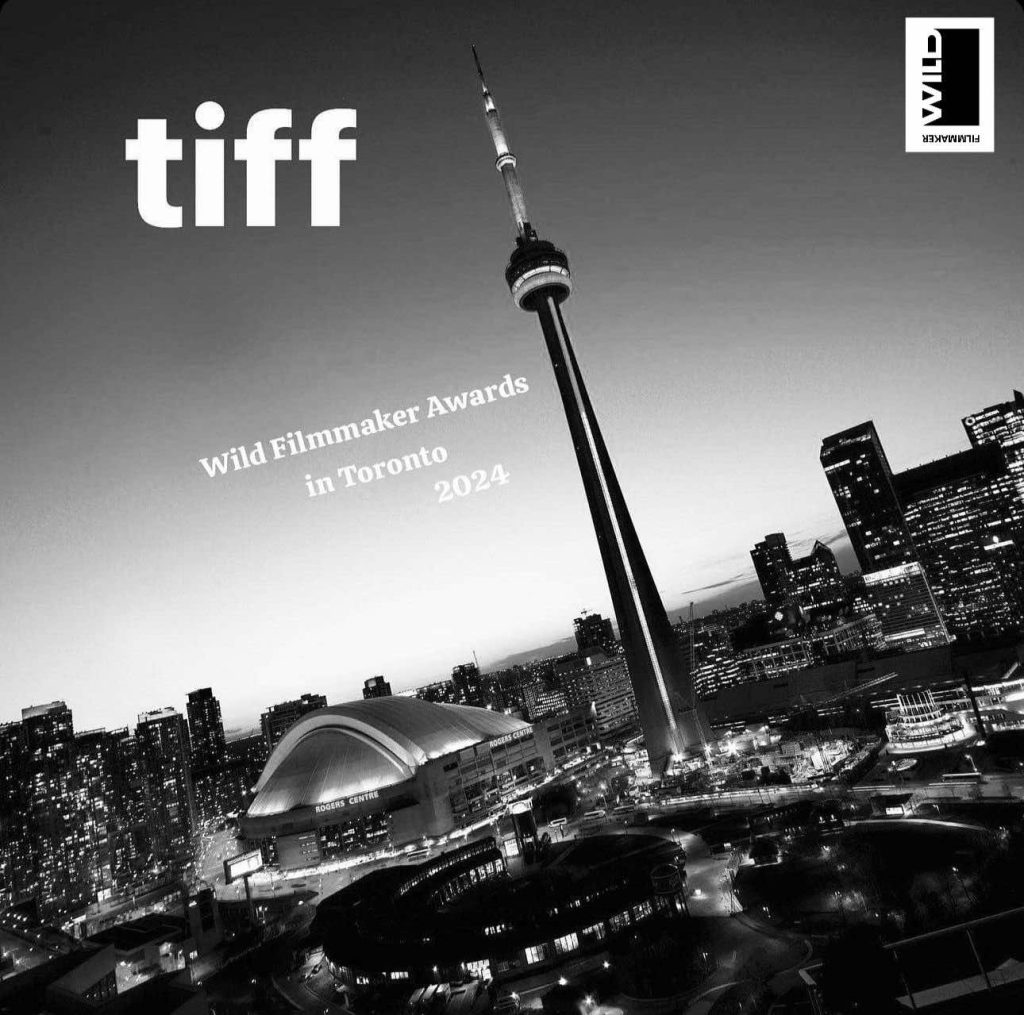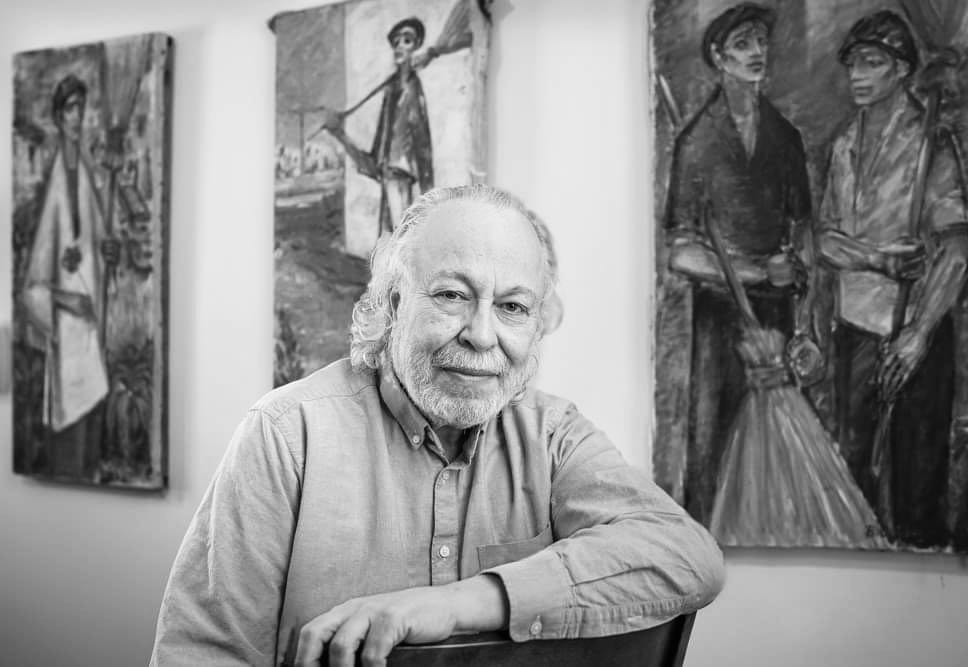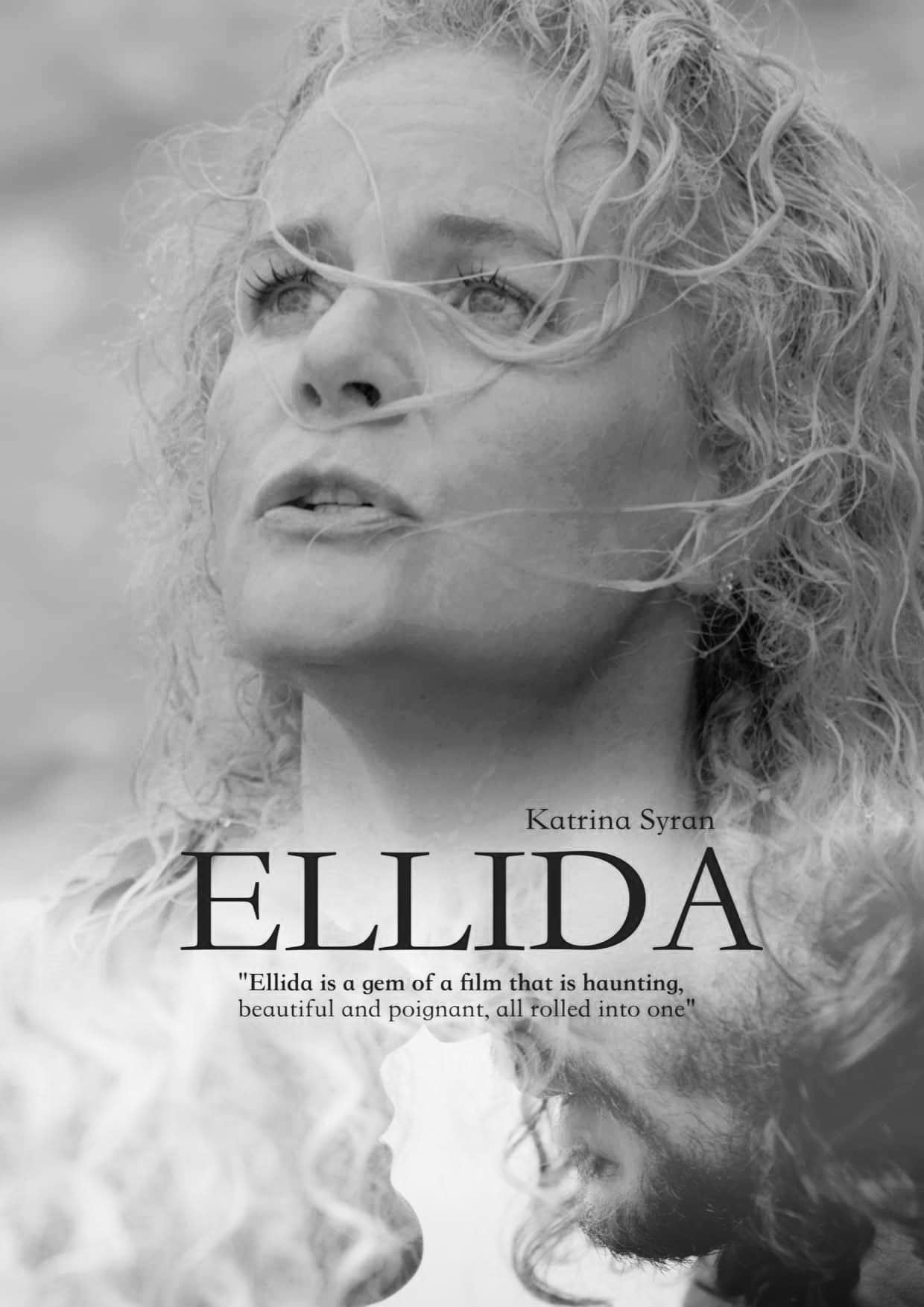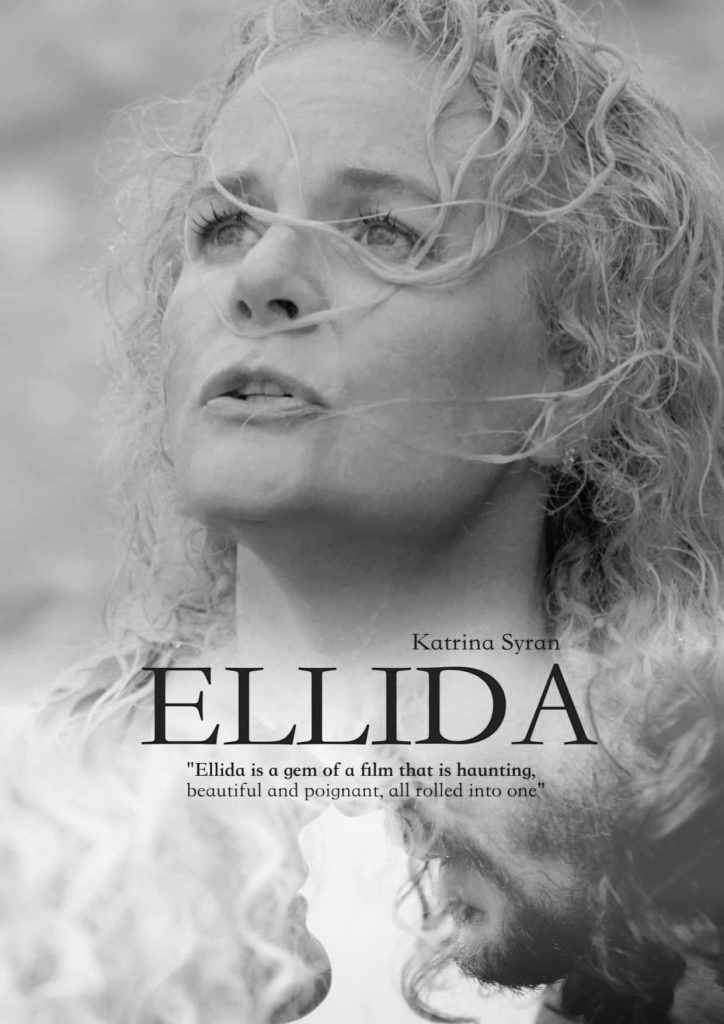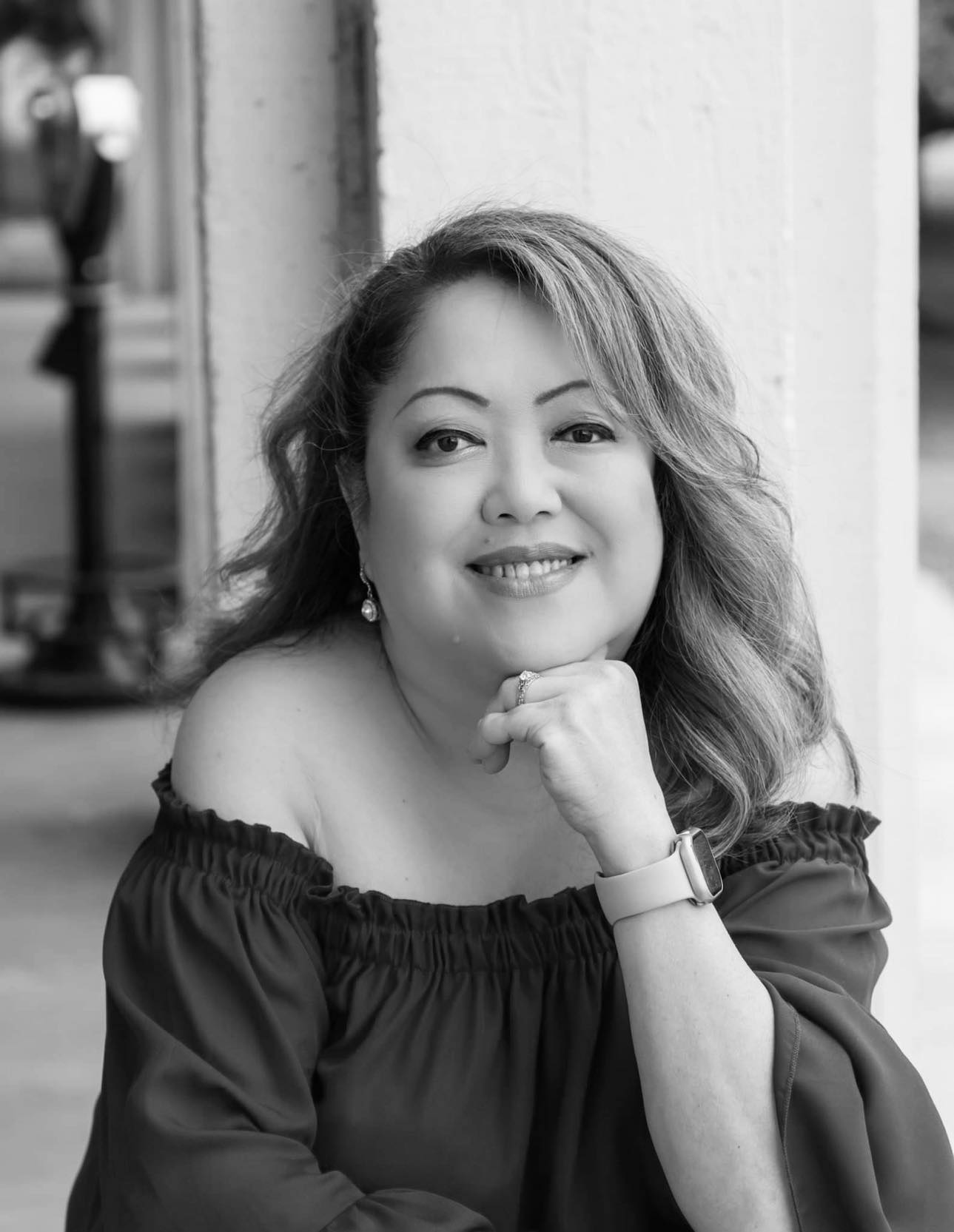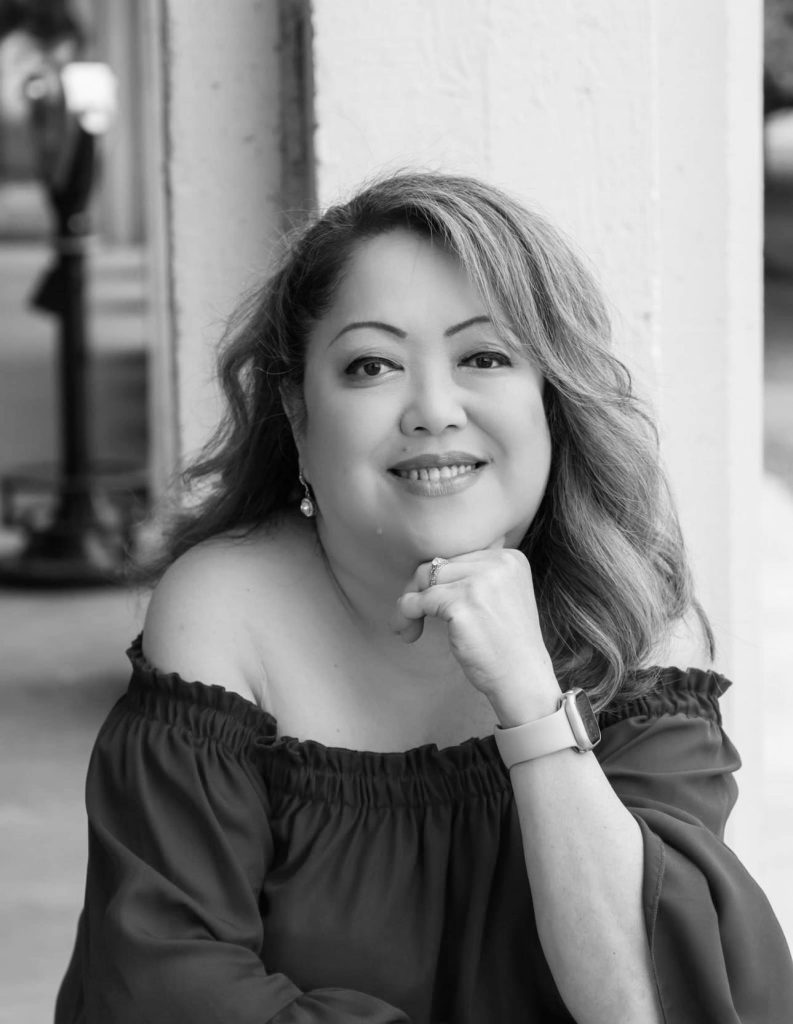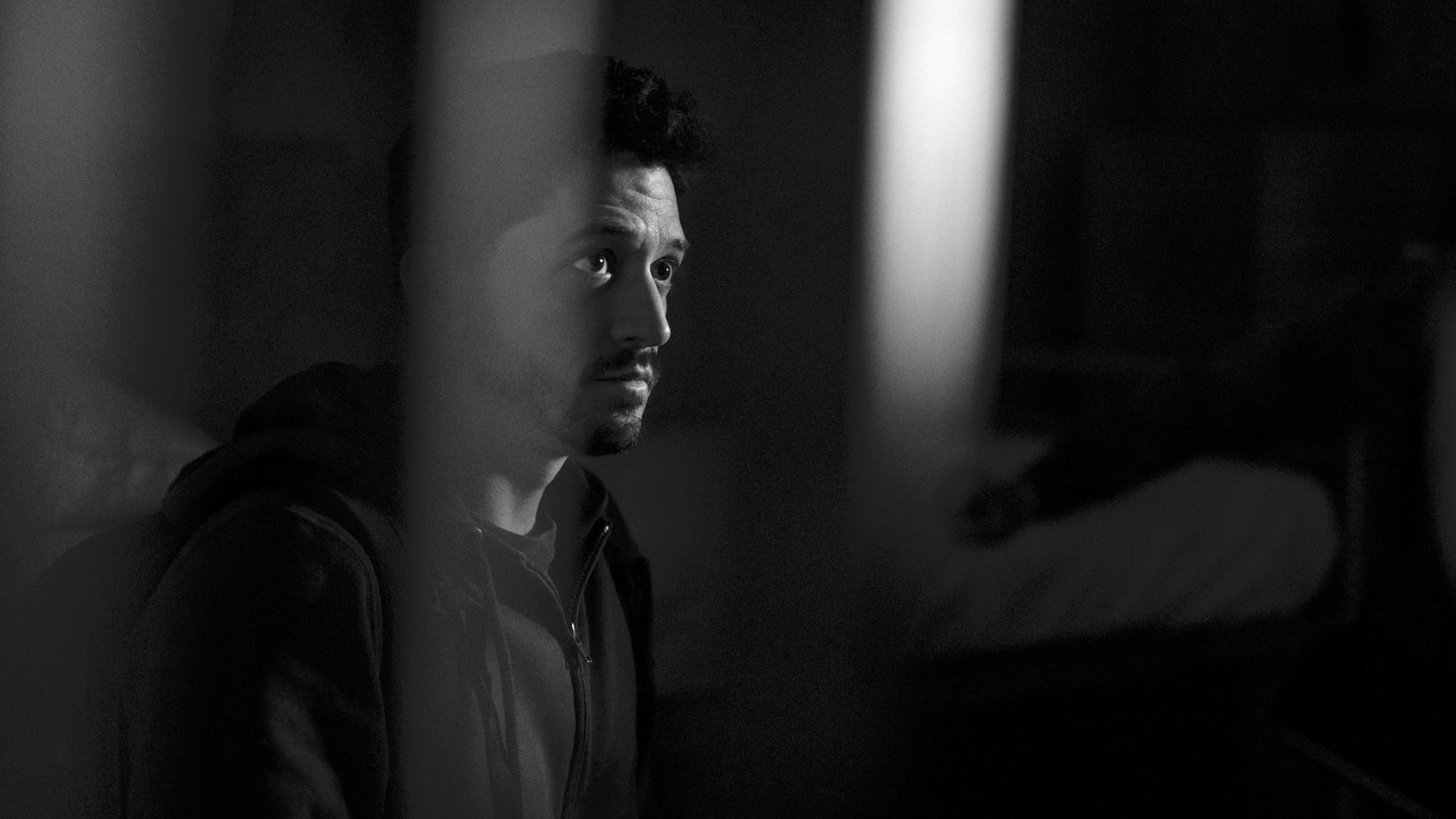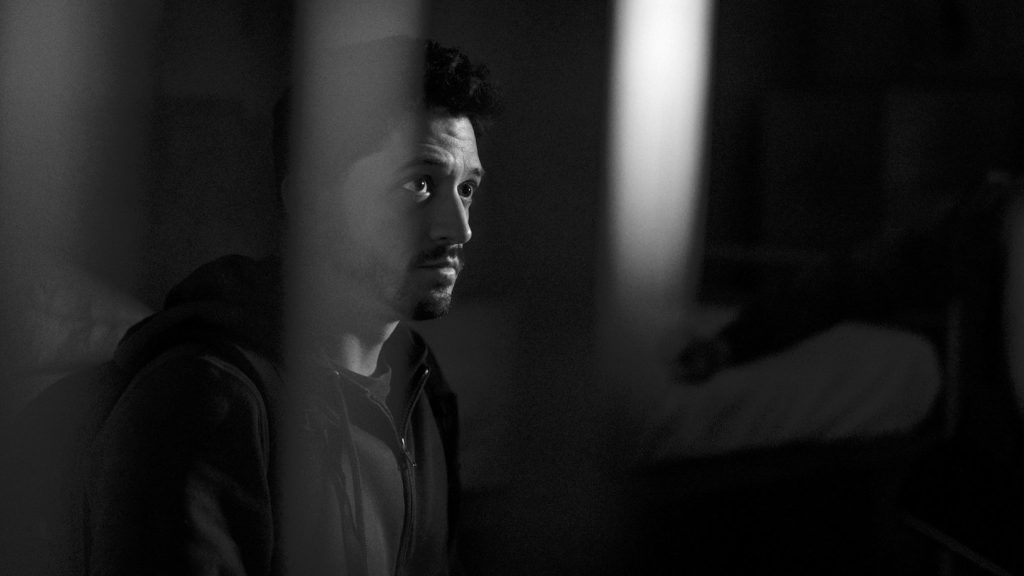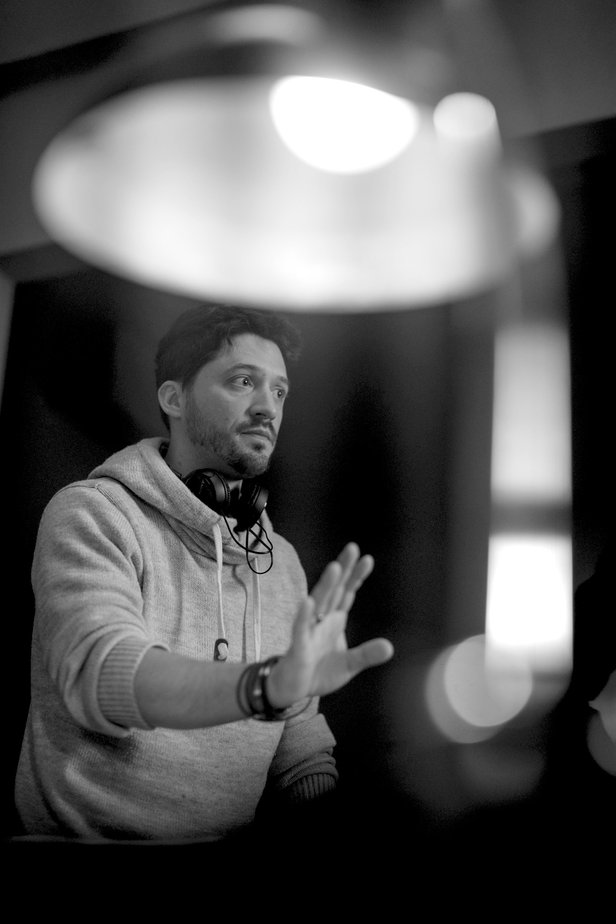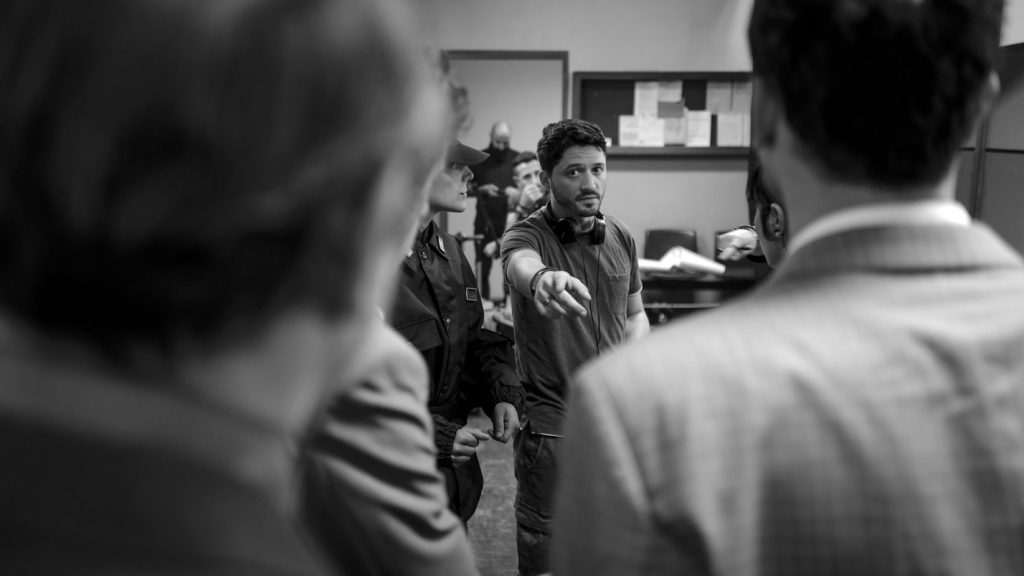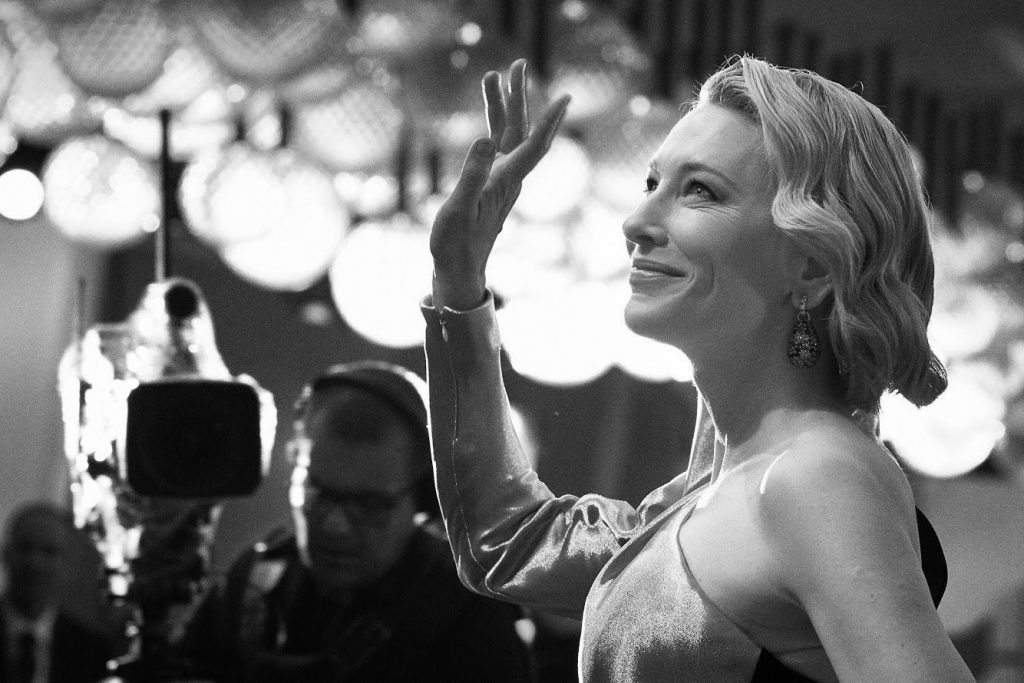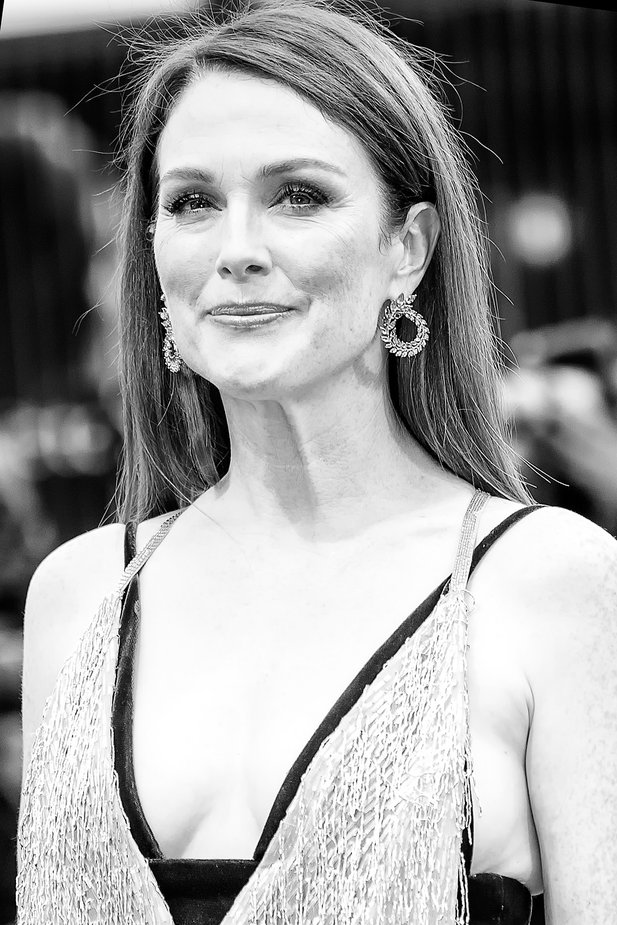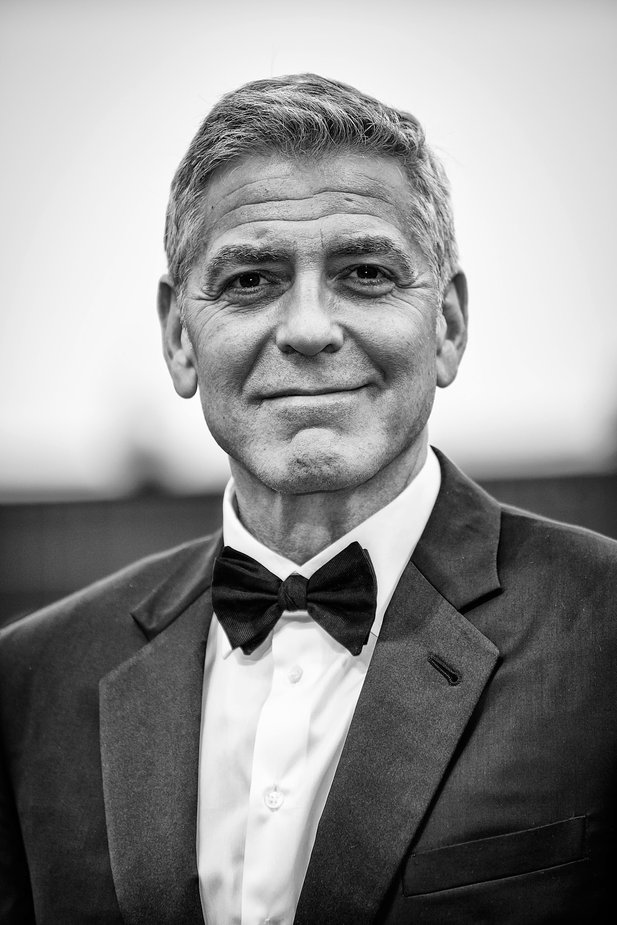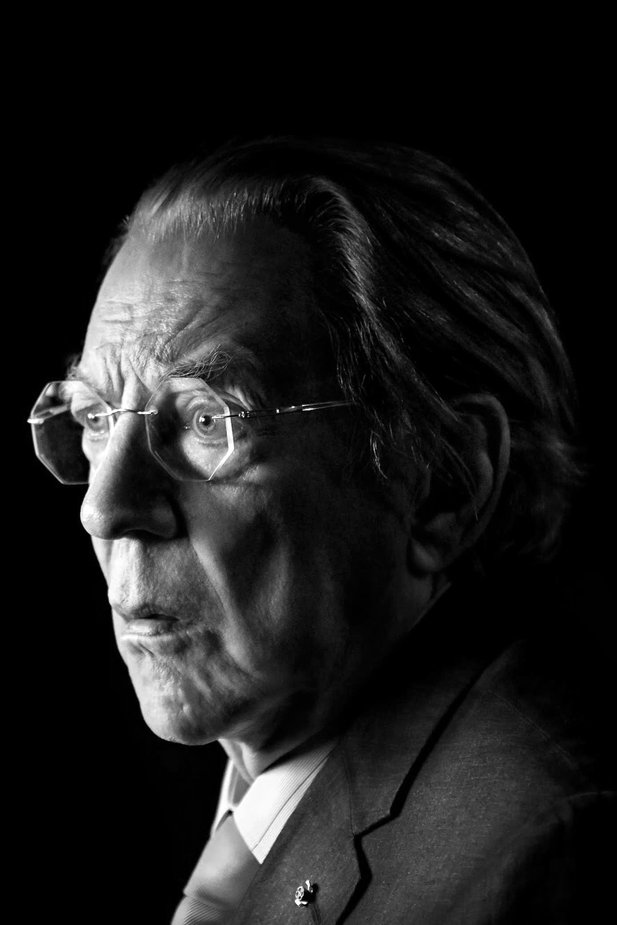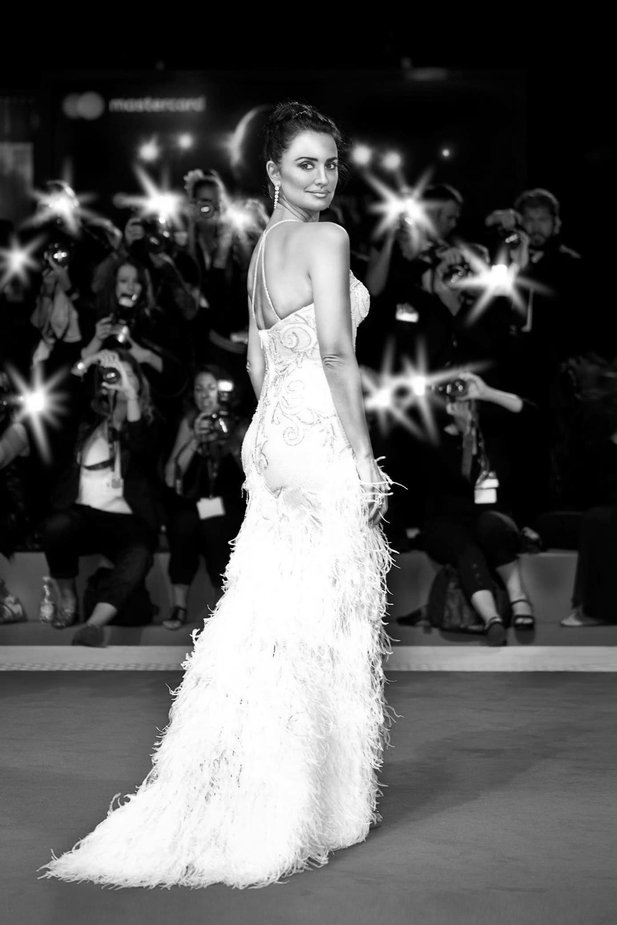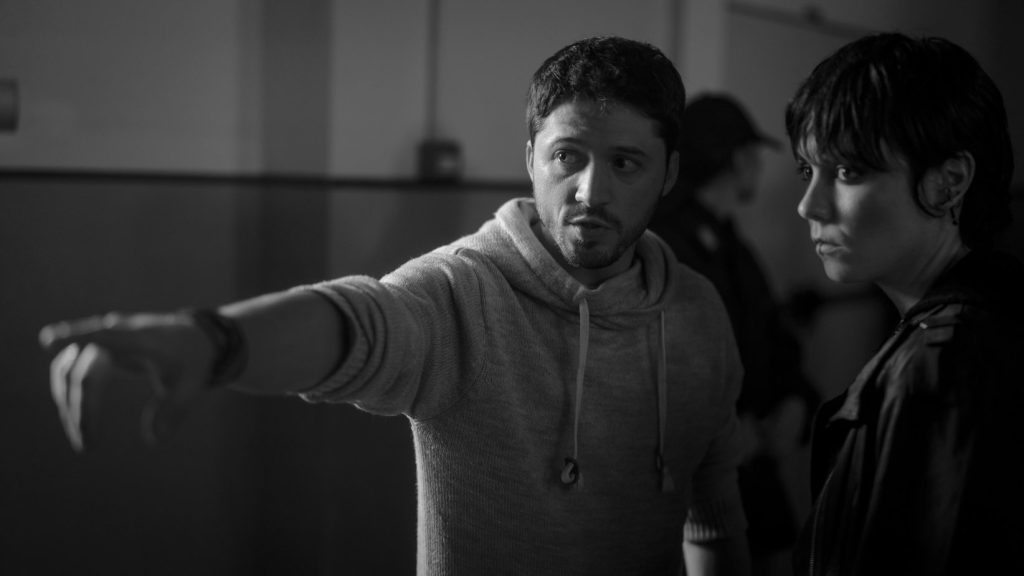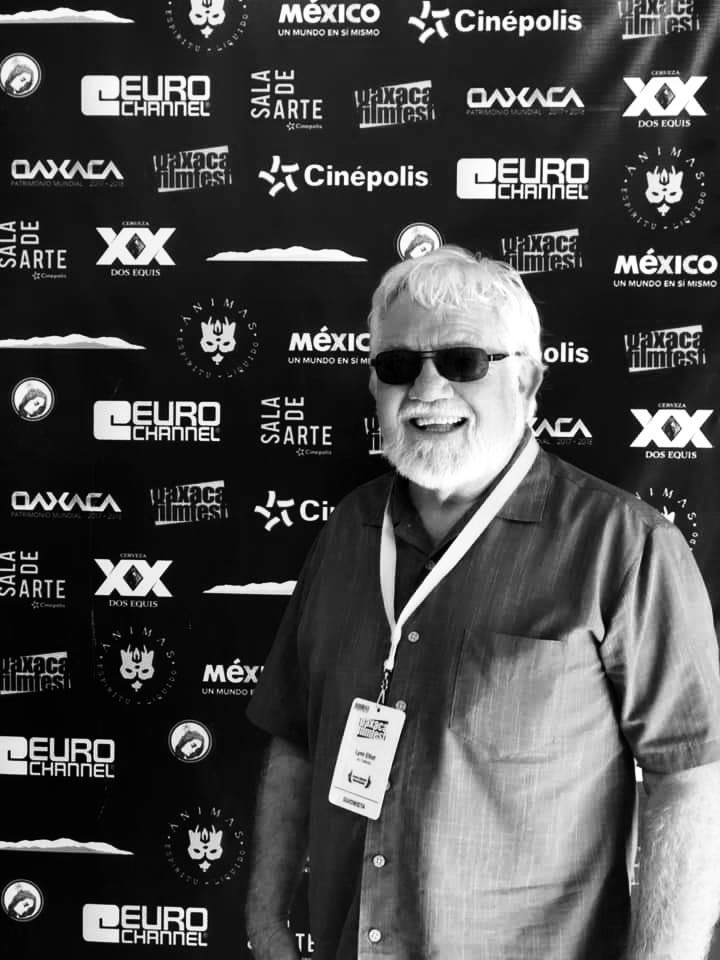
-What and who has inspired you most in your artistic career?
I, Andrea Natale, as a filmmaker draw inspiration from my surroundings, from everyday life. In particular, what interests me most are people, their direct testimonies, the stories of their experiences, especially if they are unusual. I try to show them at their best through new moving images.
This is probably why I feel closer to documentary cinema than fiction.
-Every true artist is also a revolutionary against power. Do you think there is still room today
to express one’s revolution through art?
Yes, I think that art can still be revolutionary today, for example, if even one person who watches a film is impressed by it and is convinced to go deeper into a subject they do not know or a culture different from their own, this is already a small revolution.
Giuseppe Sciarra and I used irony to tell a sensitive topic, going against prejudice and showing naturally that this is already part of our lives. Art remains one of the strongest means to support a revolution, which must be above all cultural, a peaceful revolution, capable of reaching minds giving rise to an increasingly necessary social change.
-We live in a world where, unfortunately, war still exists. Do you think that if there were more dissemination of art through media and social networks, the world would be more peaceful?
The most effective enjoyment should be a collective experience in homes, halls or outdoor spaces, these opportunities for exchange between people could perhaps foster a more peaceful climate. In contrast in social media, where content is enjoyed individually there is much more friction, envy, misunderstanding.
Art could be the right path if the work made maintains its own intellectual honesty by not allowing itself to be corrupted too much by the rules of the market.
-Are you working on a new project? If so, can you give us a sneak peek?
After completing the short film “Canovaccio” I have been directing another short film soon to be released, titled “Charm of yesteryear.”
Giuseppe Sciarra, on the other hand, will soon be engaged in an educational and social project to raise awareness of the issue of bullying in schools.
